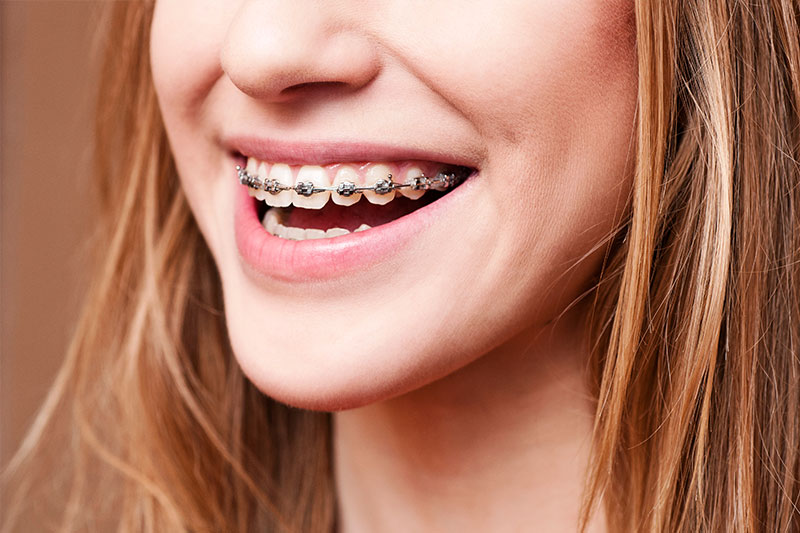The Impact of Smoking on Oral Health
Smoking is widely recognized as a significant health hazard, but its effects on oral health are often overlooked. This habit not only stains teeth but also has serious implications for gums, breath, and overall dental well-being. Let’s dive into how smoking can change the landscape of your oral health.
Stained Teeth and Bad Breath: Just the Beginning
It’s no secret that smokers often struggle with cosmetic dental issues. Nicotine and tar in cigarettes leave a telltale yellow or brown residue on teeth that can be hard to erase. Moreover, smoking leads to chronic bad breath, caused by the lingering smell of smoke and the buildup of bacteria in the mouth. However, these issues are merely the surface symptoms of deeper problems.
Gum Disease: A Smoker’s Nemesis
Gum disease affects many, but smokers are at a higher risk. Smoking interferes with the normal function of gum tissue cells, making your mouth much more susceptible to infections. The impaired blood flow to your gums can prevent them from healing properly. As a result, smokers often experience more severe and rapid progression of gum disease, which can lead to tooth loss if unchecked.
Oral Cancer: The Stark Reality of Smoking
Perhaps the most alarming impact of smoking on oral health is the increased risk of oral cancer. Chemicals in tobacco products are direct carcinogens, and their prolonged contact with mouth tissues can lead to cancerous transformations. Symptoms might include lumps, sores that don’t heal, and persistent pain. Recognizing these early can be crucial for successful treatment.
Impact on Dental Treatments and Healing
Smoking doesn’t just affect your natural oral health; it also complicates dental procedures. Smokers generally experience slower healing after surgeries such as tooth extractions, gum and bone grafts, or implant placements. This slow recovery can lead to complications, like infections or even the failure of dental implants, making treatment more challenging and prolonged.
Quitting Smoking: A Path to Recovery
While the effects of smoking on oral health can be daunting, quitting can dramatically turn things around. Upon giving up cigarettes, you’ll notice improvements in breath and the colour of your teeth. Moreover, the risk of gum disease and oral cancer begins to decrease. Within a few years of quitting, a former smoker’s risk of oral diseases can approach that of a non-smoker, showcasing the body’s remarkable ability to heal itself.
Support and Resources for Quitting Smoking
For those ready to take the leap and quit smoking, there is a wealth of resources available. Many health services offer smoking cessation programs that provide support through counselling, medication, and group therapy. These resources are designed to help you understand your addiction, manage withdrawal symptoms, and develop strategies to remain smoke-free. Utilizing these supports can increase your chances of success significantly.
The Role of Dental Professionals
Dental professionals play a crucial role in the early detection and management of oral health issues related to smoking. Regular dental check-ups can catch problems early, when they are most treatable. Dentists can also provide guidance and support for those looking to quit smoking, including referrals to smoking cessation programs and advice on oral health care post-quitting.
Healthy Habits to Enhance Oral Health
Alongside quitting smoking, adopting other healthy oral habits is essential. Regular brushing, flossing, and using mouthwash can mitigate some of the damages caused by smoking. Moreover, a diet rich in fruits, vegetables, and dairy products can strengthen your teeth and gums, providing the nutrients needed for good oral health.
Understanding the full scope of how smoking impacts oral health is crucial for anyone looking to maintain their dental well-being. Whether it’s the cosmetic displeasure of stained teeth, the pain of gum disease, or the severe risk of oral cancer, the reasons to kick the habit are compelling. Quitting smoking is a powerful step towards not just improving oral health, but also boosting your overall quality of life. With each cigarette you don’t light, you’re paving the way for healthier gums, teeth, and, ultimately, a healthier you.




